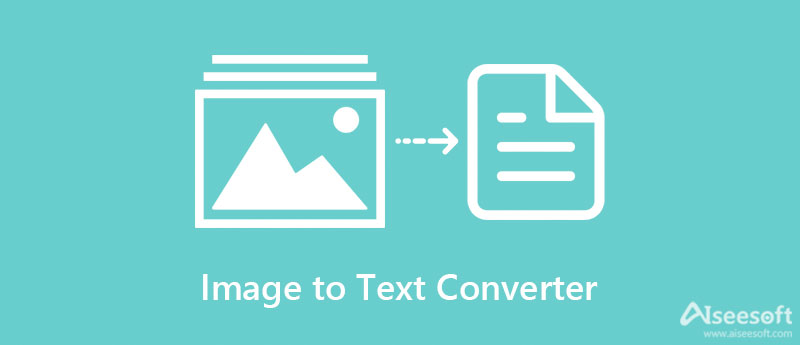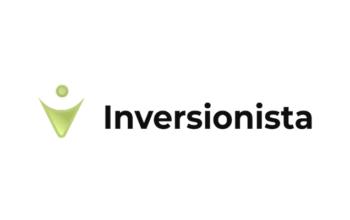The Evolving Landscape of Online Conversion Tools
In recent years, the technological landscape has witnessed a significant shift with the advent of online tools capable of transforming images into editable text. These advancements have simplified tasks that once required cumbersome processes and specialized software. However, as these tools become more accessible and integrated into our daily lives, privacy concerns have emerged as a critical issue.
Online image to text conversion, commonly referred to as OCR (Optical Character Recognition), has revolutionized the way of handling digital documents. This technology enables users to extract text from images or scanned documents, transforming them into editable formats. While there are numerous OCR tools available, a popular choice among users is a free, accessible converter known as OCR Online. This tool stands out due to its ease of use and cost-effectiveness, making it an ideal choice for both individual users and businesses looking to convert documents without additional software expenses.
Privacy Concerns and Data Security
The primary concern with online image to text conversion tools revolves around data privacy and security. When users upload documents to these platforms, they are essentially transferring sensitive information to a third-party server. This transition raises questions about how the data is handled, stored, and potentially accessed by unauthorized parties.
Data Encryption and User Consent
To address these concerns, it is crucial for OCR tool providers to implement robust data encryption methods. This ensures that any information transmitted over the internet is safeguarded against interception by malicious actors. Additionally, user consent plays a pivotal role. Platforms must transparently communicate their data handling practices and obtain explicit consent from users before processing their documents.
Data Retention Policies
Another aspect of privacy protection is the adoption of strict data retention policies. Online conversion tools should only store user data for a necessary period, after which it must be securely deleted. This minimizes the risk of data breaches and unauthorized access to sensitive information.
Best Practices for Users
While service providers bear the brunt of responsibility for data security, users also play a critical role in protecting their privacy. Being mindful of the types of documents uploaded to online OCR tools is the first step. Sensitive documents containing personal information, financial details, or confidential business data should be handled with extra caution.
Choosing the Right Tool
Selecting a reputable OCR tool is crucial. Users should research and opt for platforms with strong privacy policies and positive user feedback. It’s important to understand the terms of service and the data handling practices of the tool before use.
Securing Personal Data
Finally, users should take proactive steps in securing their data. This includes using secure internet connections, avoiding public Wi-Fi networks when uploading documents, and regularly updating passwords and security settings on their devices.
Conclusion
The integration of online image-to-text conversion tools into our daily workflow offers undeniable benefits in terms of accessibility and efficiency. However the importance of privacy and data security cannot be overstated. Both service providers and users must collaborate to ensure a safe and secure digital environment. Adopting responsible data handling practices and being vigilant about privacy allows for the continued harnessing of the power of these tools without compromising personal and professional integrity.


